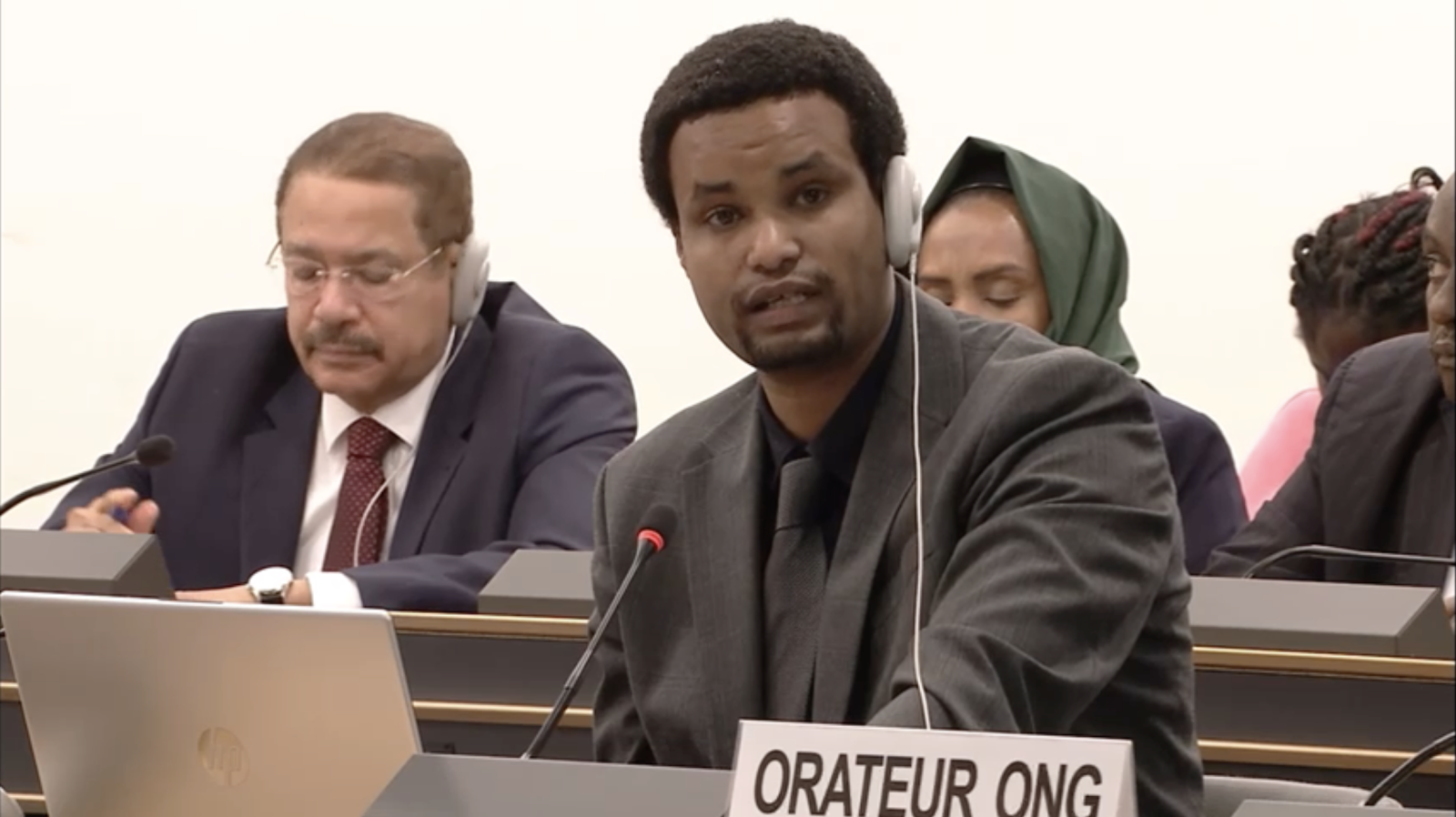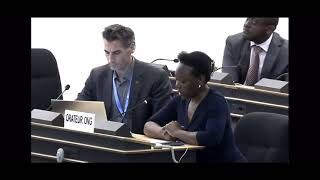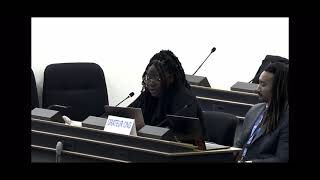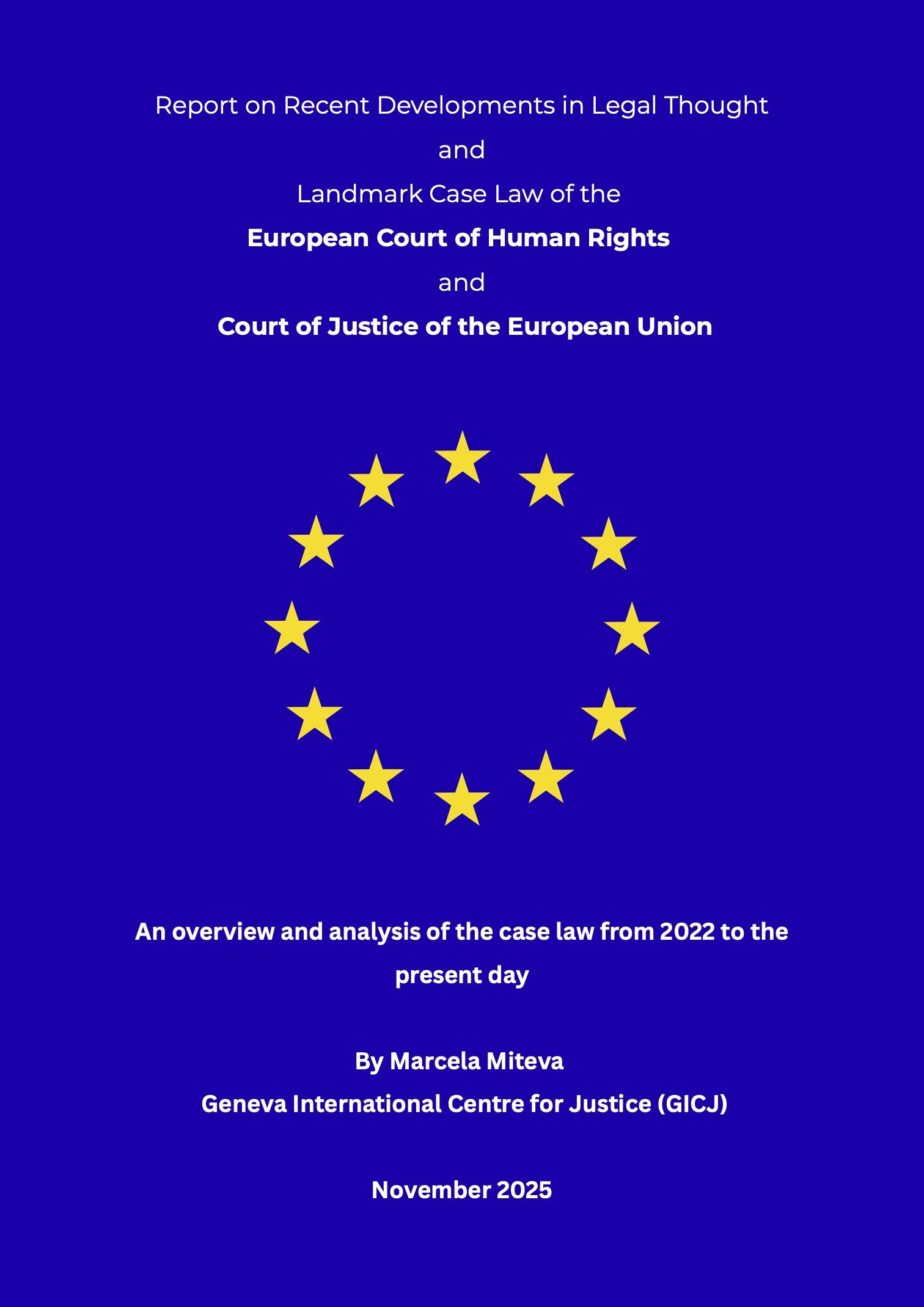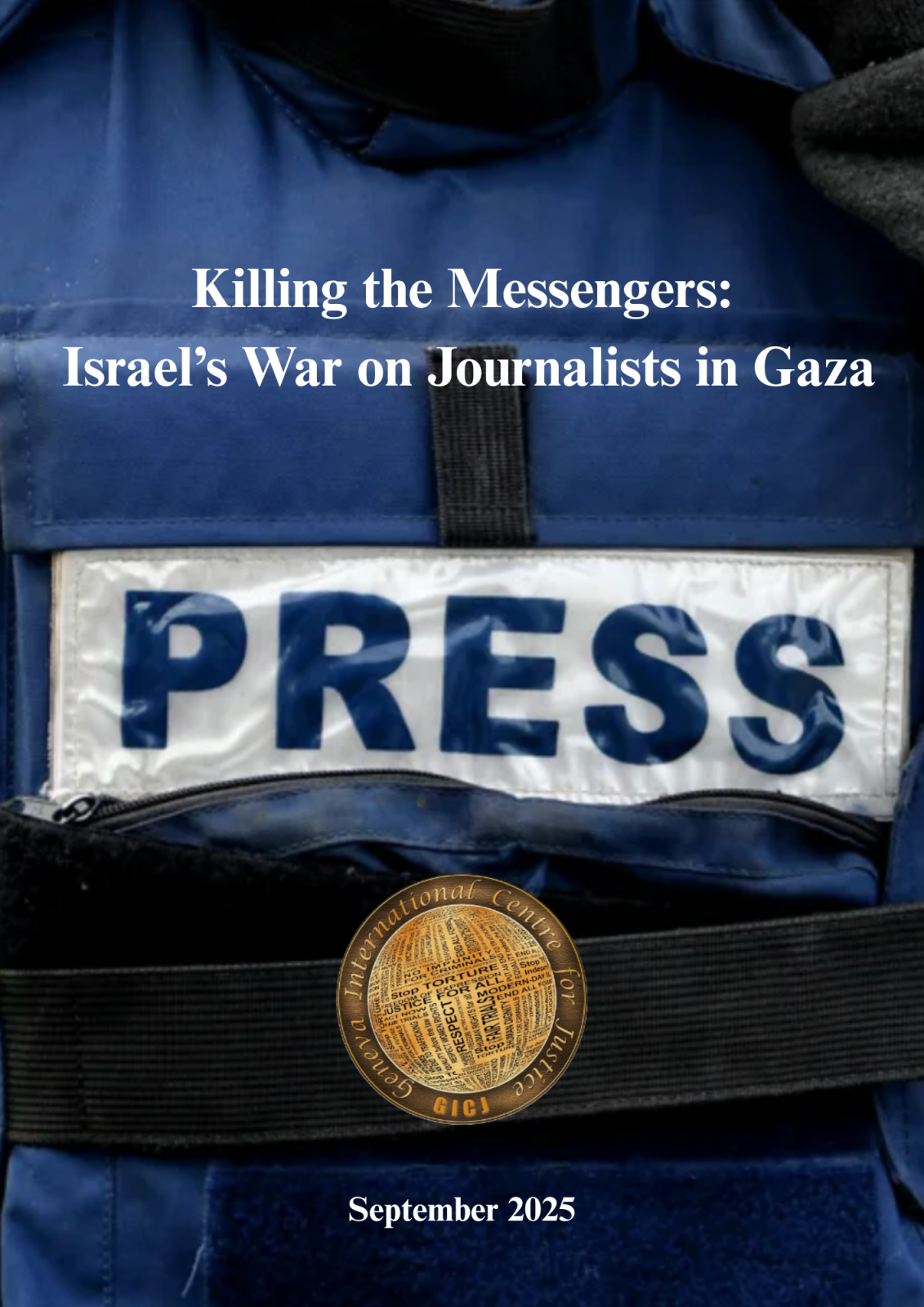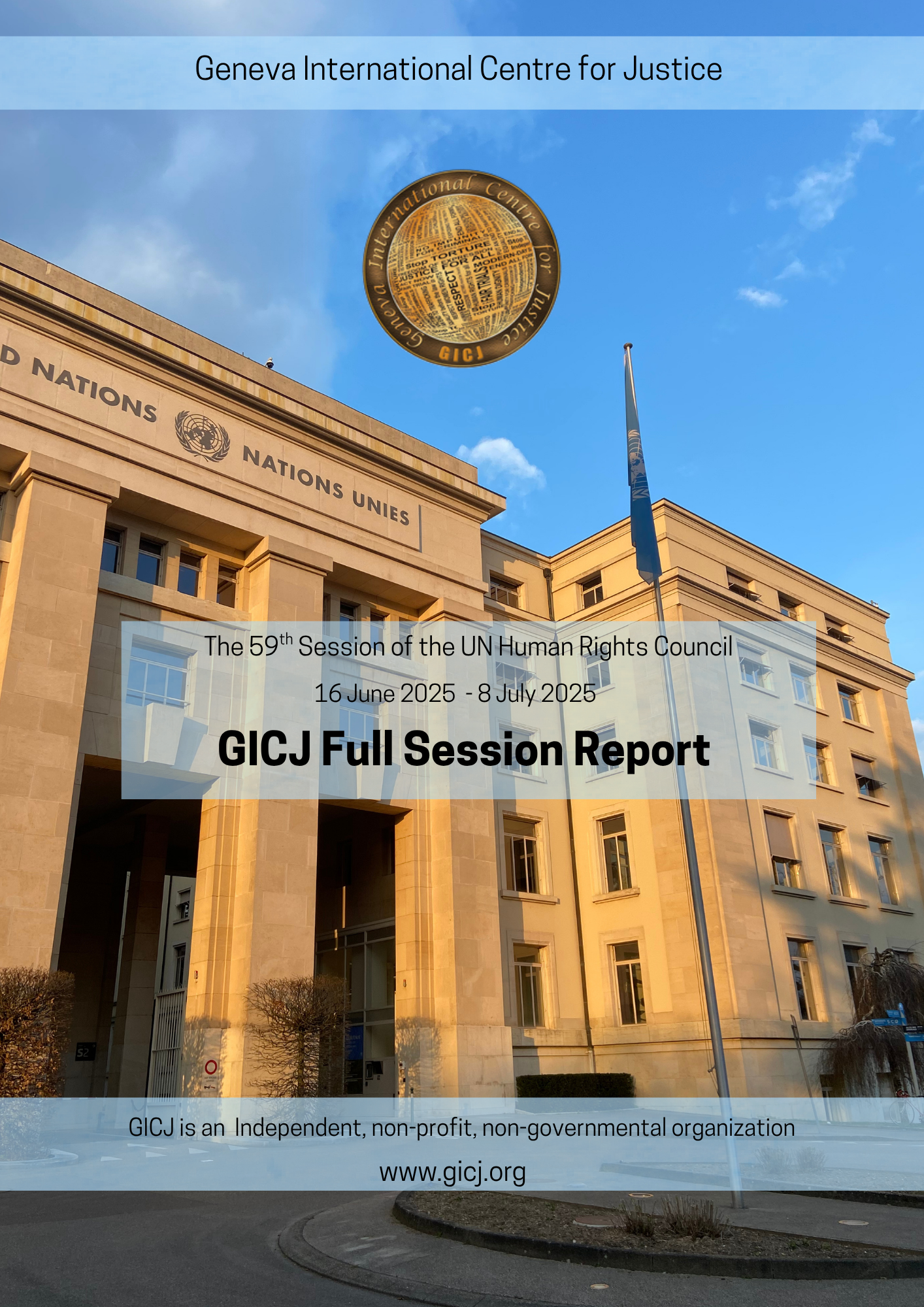2 November 2019
By: Valentina Ferreira Gutiérrez
Introduction
Every year, since 2013, November 2 is meant to commemorate journalists who suffered crimes of any kind while performing their duties. In fact, not every part of the world is welcoming of freedom of speech, especially for journalistic purposes. In 2019, we still have to fight for journalists to be protected and to be able to execute their work properly. Unfortunately, journalism can be a high-risk profession depending on where it us undertaken. Globally in 2018, 80 journalists were killed according to Statista[1], 350 were arrested and 60 were kidnapped.
In 2013, at its 68th session, the UN General Assembly decreed November 2 as the International Day to End Impunity for Crimes Against Journalists under Resolution A/RES/68/163. Basically, what is underneath this commemoration is the need to protect journalists from any attacks meant to silence them. In this regard, it is therefore, important to end impunity for such crimes.
But why November 2? In 2013, two French journalists from “Radio France Internationale” were brutally murdered in Mali. Ghislaine Dupont and Claude Verlon were interviewing one of the rebellion leaders in the region when they were kidnapped by unknown assailants. They were later found dead, 12 km away, their dead bodies riddled with bullets[2]. Even though an investigation was launched, there were many inconsistencies during the process and the perpetrators are still not held accountable or even judged. Today, families are still begging for justice to be served.
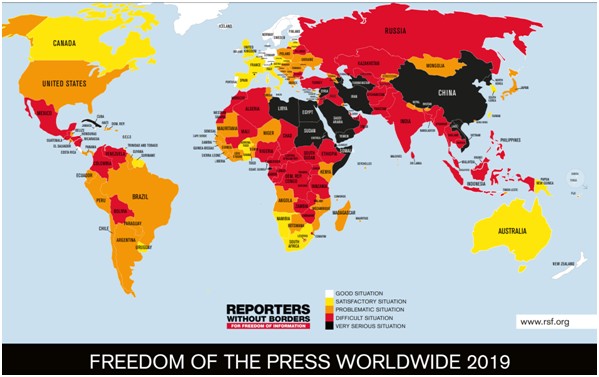 Reporters Without Borders World Press Freedom Index 2019 Reporters Without Borders World Press Freedom Index 2019 |
Crimes against journalists are widespread, occurring on all continents of the world. Here we will discuss two recent cases, namely Malta and Colombia, where journalists are being censored, threatened, or even killed because of the investigations they are or were working on.
Malta
Daphne Caruana Galizia, a renowned investigative journalist, was murdered on 16 October 2017 in the small region of Bidnija in Malta. Her assailants put a bomb underneath the seat of her car and blew her up with a remote device when she was driving it. Two years later, the investigation is progressing slowly.

Daphne Caruana Galizia. Photo: The Guardian |
Daphne Caruana was known for her activism against all types of corruption and was actively investigating the Maltese government. She was also focused on issues linking the online-gambling industry to organised crime, the citizenship-by-investment system, and the renowned case of Panama Papers where the Prime Minister, Joseph Muscat, is involved. Her assailants apparently wanted to silence her as she possessed compromising information. Before her assassination, Daphne faced 48 charges for slander, 26 of which are still in progress today but now against her heirs as permitted under Maltese law[3].
On 4 December 2017, Maltese police forces arrested three men suspected of being the perpetrators of the assassination. Even though Vincent Muscat, one of the detainees, agreed to give information in exchange for a sentence reduction, the authorities have still not started to negotiate with him. Worst of all, Vincent Muscat is now afraid of being killed in prison and does not benefit from any form of protection[4].
An investigation is conducted by the Special Rapporteur of the Council of Europe, Pieter Omtzigt, who revealed many flaws. According to Omtzigt, the authorities have deliberately turned down evidences and one of the officers seems to have some conflicts of interests with the inquiry. Basically, none of the competent authorities have shown a real interest in collaborating actively to find the perpetrators of this crime. Even a formal complaint for unsatisfactory cooperation with the Maltese authorities has been made by a head of Europol[5]. Now, Omtzigt is also afraid of reprisals due to intimidation by Maltese authorities, especially Prime Minister Muscat. In fact, Maltese authorities, led by the Prime Minister, have several times discredited Omtzigt publicly, attacked him verbally, and tried to remove him from the investigation. Omtzigt is now constantly with plainclothes bodyguards when visiting the country.
The authorities have also shown a disregard towards Caruana’s memory by tearing down her memorial several times[6]. Civilians and local celebrities are now organising surveillance to keep the memorial in good condition and put pressure on the authorities to shed light on this case.
This case has brought Malta down 30 places (77) in the 2019 World Press Freedom Index compared with 2017[7]. According to Reporters Without Borders, one of the reasons is the government refusing to allow an independent inquiry and creating a hostile environment for investigators, such as with Pieter Omtzigt.
Colombia
Being a journalist in Colombia is a risky endeavour. This year, 431 journalists were victims of many kinds of violations[8] in the performance of their duties[9].
|
José Libardo Montenegro |
Among them, one was assassinated on 11 June this year: José Libardo Montenegro (age 42) of Samaniego, in Nariño department. He was a radio announcer and journalist for Samaniego Estéreo, known for his work about the peace process between the Revolutionary Armed Forces of Colombia (FARC) and the Colombian government, his criticisms against political and religious decisions, and his promotion of human rights in Samaniego[10]. He was killed by two hitmen when he was going to visit his mother in the evening. As of now, the motive of the crime has not yet been established, but there is no sign that a serious investigation has been launched. Libardo’s colleagues reported that they were not aware of any threats against him recently and are, therefore, unable to identify who might have committed this crime[11].
Nariño is known to be one of the most dangerous departments of Colombia, and it is not the first-time journalists have been assassinated there. In 2018, two Ecuadoran journalists were kidnapped and killed by dissident FARC members. In addition to the presence of dissident members of an armed group, there are also drug trafficking gangs which increase violence. So far during 2019, there have been 22 journalist victims in Nariño.
This year, a controversial case stirred up the Colombian army and government. A former army officer, under anonymity, sent a report to the Colombian newspaper Revista Semana about directives that were being given to the soldiers, namely: to increase the number of criminals and militants they kill or capture, even though it means an increase in civilian casualties[12]. Surprisingly, this report was never published, prompting the anonymous informant to send it to a foreign newspaper, The New York Times, which published it in May this year.
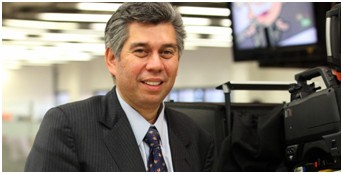 Daniel Alfonso Coronell Castañeda. Photo: El Tiempo |
Some concerns are to be raised here. First, there is evidence showing that Iván Duque, the Colombian president, met with the owners of Revista Semana, and the Secretary General of the Presidency, after what they decided to ignore the report. Then, a journalist from the newspaper, Daniel Coronell, was fired right after publishing an opinion column questioning the concealment of this information that said:
“Readers have the right to know whether journalistic diligence was lacking, whether there was an error of judgment, or whether - in the worst case – Semana privileged its relationship with the government over its duty to inform citizens.”[13]
However, Coronell returned to his work at Semana some weeks later. This is not the first column published by Coronell revealing compromising information. Recently, Coronell revealed a recording between Álvaro and Diego Cadena, two brothers close to former president Álvaro Uribe. In this recording, they were planning a way to silence the reporter because of a column published in 2018 revealing compromising pictures of Diego, the lawyer, and Uribe, his client. Now, Coronell is in danger not only in Colombia but also in the United States where he is living. The Colombian Foundation for Press Freedom is actively working with the Committee to Protect Journalists in the US to get Coronell to safety[14].
It is not the first time Daniel Coronell faces some form of intimidation or direct threat. In 2005 he was actively investigating Álvaro Uribe and its government, after which he received death threats against him and his six years old daughter[15] forcing him to go into exile in the United States. In the recording revealed by Coronell this year, Álvaro Cadena mentioned to his brother how obsessed Coronell is with Uribe, which would have been the reason for the threats. Coronell finished his column by saying he wants to record this evidence in case something happens to him[16]. None of these direct threats have been investigated by Colombian authorities.
Such cases make Colombia one of the worst places to be a journalist, and it is ranked 129th in the World Press Freedom Index for 2019. Reporters Without Borders points out the relationship between the media and powerful business groups and the political class as the major cause of censorship and obstruction of press freedom[17].
GICJ position
This international day is meant to commemorate all journalists fallen, or threatened in any form, in their mission to tell the truth, report abuses and corruption, or work against the established order. Not only should States and civil society remember them, but also fight against impunity for the crimes against them. If we want a world where freedom of speech is respected, and journalists are free to work in an independent and non-biased way, we need to achieve justice for those who are not here anymore and put an end to impunity. Geneva International Centre for Justice is committed to the fight against impunity and urges all States to enable a safe environment for journalists all over the world.
[1] https://www.statista.com/statistics/266229/number-of-journalists-killed-since-1995/
[2] https://www.franceinter.fr/emissions/l-enquete-de-secrets-d-info/l-enquete-de-secrets-d-info-06-septembre-2019
[3] https://www.nouvelobs.com/medias/20190919.AFP4956/meurtre-d-une-journaliste-appel-a-malte-du-conseil-de-l-europe.html
[4] https://www.letemps.ch/opinions/tue-daphne-caruana-galizia
[5] https://www.theguardian.com/world/2019/oct/16/malta-police-evidence-daphne-caruana-galizia
[6] https://theshiftnews.com/2019/10/16/two-years-after-daphne-caruana-galizias-assassination-the-world-reacts/
[7] https://rsf.org/en/malta
[8] Violations can be censorship, obstruction to information access, verbal attacks, threats, destruction of material, and death among many others.
[9] https://flip.org.co/index.php/es/atencion-a-periodistas/mapa-de-agresiones
[10] https://flip.org.co/index.php/es/impunidad-casos/item/2187-estos-son-los-periodistas-asesinados-en-colombia-por-causas-asociadas-a-su-oficio
[11] https://cpj.org/data/people/libardo-montenegro/index.php
[12] https://www.nytimes.com/2019/05/18/world/americas/colombian-army-killings.html?ref=nyt-es&mcid=nyt-es&subid=article
[13] https://www.semana.com/opinion/articulo/la-explicacion-pendiente-de-semana-por-daniel-coronell/617095 Translated from Spanish by the author.
[14] https://www.pulzo.com/nacion/seguridad-daniel-coronell-estados-unidos-PP775589
[15] https://www.elespectador.com/entretenimiento/arteygente/gente/los-exilios-de-daniel-coronell-articulo-598515
[16] https://www.semana.com/opinion/articulo/diego-cadena-y-su-hermano-alvaro-conspiran-contra-daniel-coronell-por-daniel-coronell/633832
[17] https://rsf.org/en/colombia
*Intro Image Source: Bianet
Keywords:
Journalists, Crimes Against Journalists, End Impunity, Resolution 38/163, Freedom of Press, Daphne Caruana Galizia, José Libardo Montenegro, Daniel Alfonso Coronell Castañeda, Justice, Geneva, Human Rights, Geneva4Justice
Justice, Human rights, Geneva, geneva4justice, GICJ, Geneva International Centre For Justice





